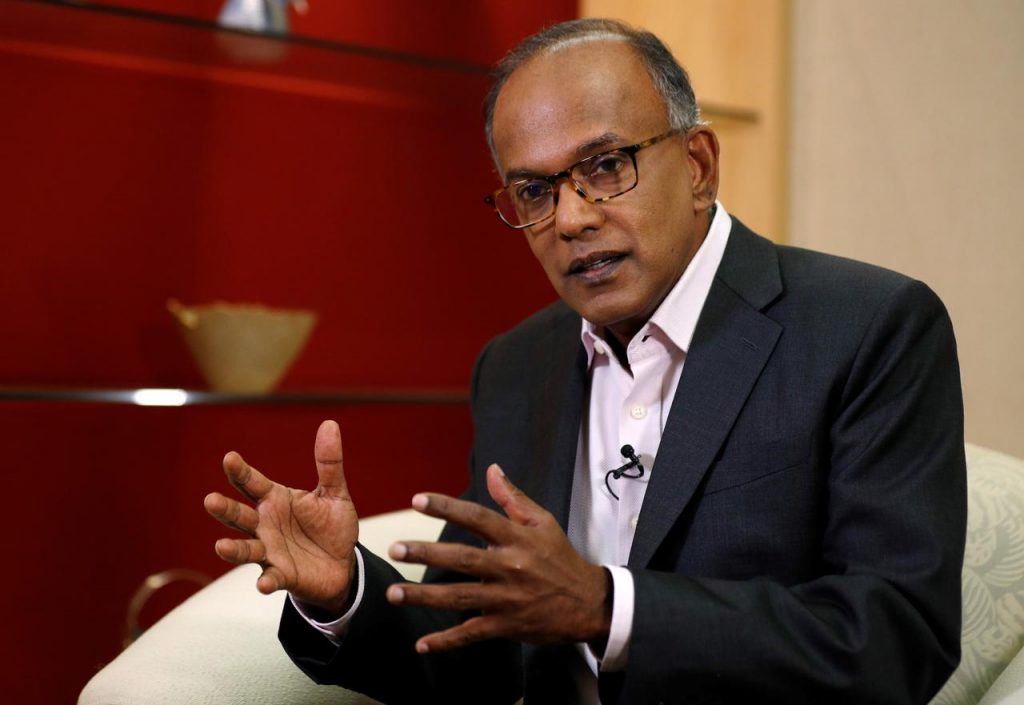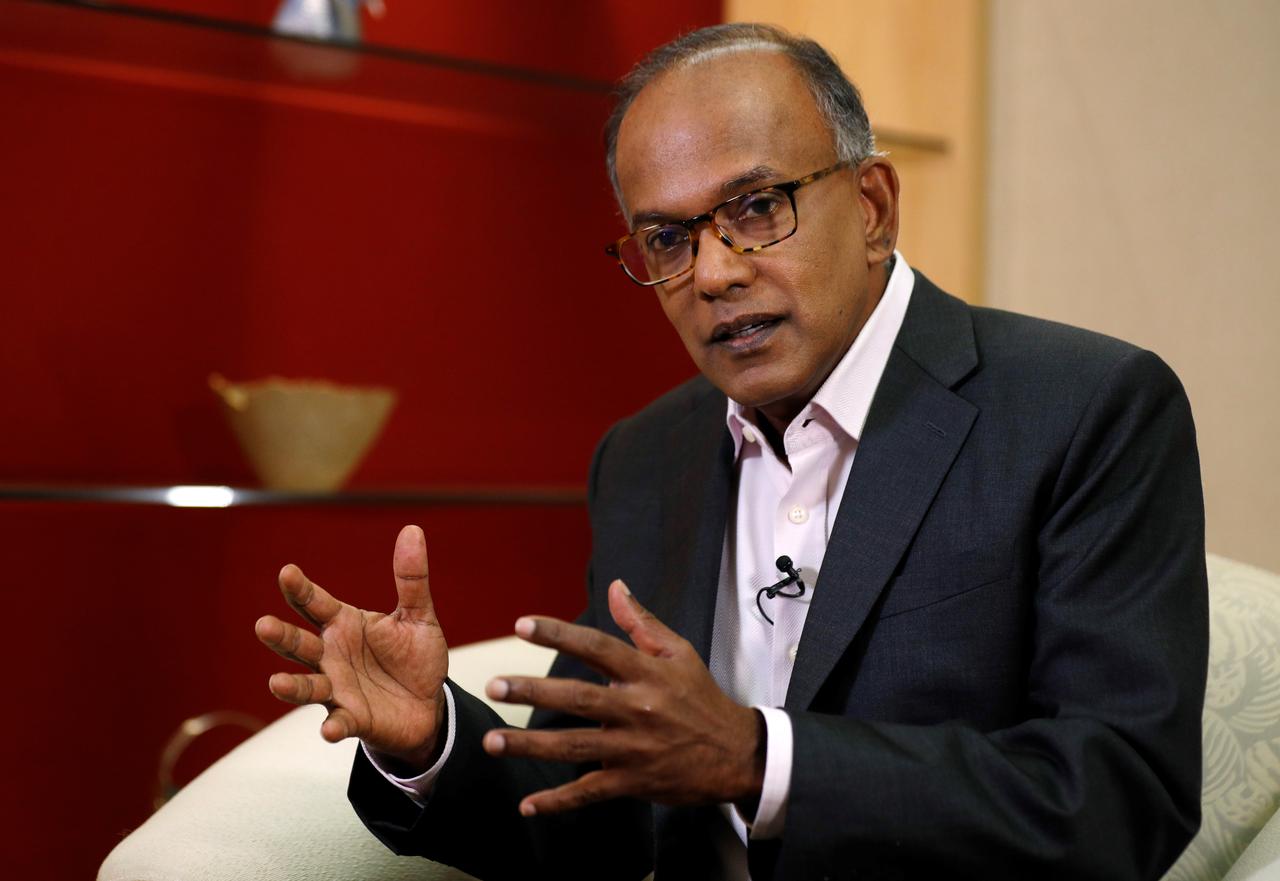
A Singapore opposition politician was asked to correct a Facebook post criticizing state education spending on Monday, the fourth use of a new “fake news” law that has been used against government opponents. Government ministers are the arbiters of the Online Falsehoods and Manipulation Act (POFMA), which came into effect in October amid concern that it would be used to silence opposition ahead of an election expected within months.
In an effort to alleviate those concerns, Minister of Law K Shanmugam said when the legislation was passed in May that the law was meant to tackle “falsehoods”, “bots”, “trolls” and “fake accounts”, and that free speech would not be affected. Since the law was invoked on Nov. 26, three figures linked to the opposition and an opposition party have been told their online posts must carry a banner stating that they contain false information.
The posts ranged from
accusing the government of influencing decisions by the state investment fund
to an assertion that white-collar unemployment was rising. The Ministry of
Education on Monday directed opposition politician Lim Tean to correct a
Facebook post about foreign students receiving more government funding than
domestic students. Lim responded on Facebook to defend his initial post saying
it referred to grants and scholarships, and not overall spending, and he was
considering legal options. “It is clear to me that POFMA is being used by this
government ahead of the upcoming GE (general election) to silence its opponents
and chill public discussion of unpopular government policies,” he said.
The POFMA office did not immediately respond to request for
comment. The Asia Internet Coalition, an association of internet and technology
companies, has called the law the “most far-reaching legislation of its kind to
date”. Facebook has said it was concerned the law grants broad powers to the
government. Reporters Without Borders (RSF), a press freedom non-profit group,
called the law “totalitarian” and said it was aimed at eliminating public
debate. The government says the city-state is vulnerable to misleading and
inaccurate news because of social sensitivities arising from its mixed ethnic
and religious population, and widespread internet access. Singapore has been
ruled by the People’s Action Party (PAP) since independence in 1965. The party
is widely expected to win comfortably the next election, which must be held by
early 2021.
[Reuters]





